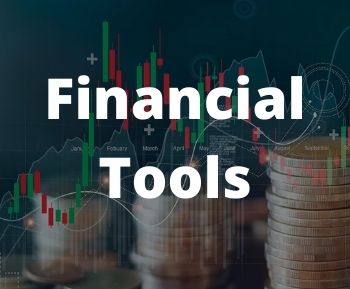The investment paradigm has changed.
Our world has shifted and investors need to rethink some of their long-held assumptions about how they should invest. Active management is back in vogue. Passive investing has lost some ground as investors become more comfortable, and active managers are once again outperforming their benchmarks. One reason for this shift is that many investors have come to realize that diversification alone isn’t enough to cushion a market downturn.
The world has changed.
Globalization, demographic shifts, technology and climate change have created new realities that investors must consider. Political and economic uncertainty are also driving changes in investment strategies and investor behavior. In addition, financial innovation have led to increased complexity in financial products which, in turn, increases risk for investors.
Active management is back.
Active managers have had to find ways to adapt to new realities, and they’re doing so by focusing on alpha, or the excess return above a benchmark.
Alpha is what active managers aim for when they select investments using various tools such as fundamental analysis. It’s important because it shows that they can add value over time by picking stocks that outperform their peers within a particular market segment. Maximizing Alpha is critical for investors who want their money working as hard as possible.
The investment landscape has evolved whereby companies have become larger and more dominant within their industries resulting in high correlations between stocks (meaning they tend to move together), it takes greater skill than ever to consistently perform above the benchmark—let alone do better than passive investing strategies which involves investing in a broad market index such as the S&P 500 through an index fund or ETF, with the aim of matching the performance of the overall market.
Consider that the five FAANG companies (an acronym that stands for Facebook, Apple, Amazon, Netflix, and Google (now Alphabet Inc)) combined now account for approximately 15% of the S&P 500 and about 30% of the Nasdaq 100 Index.
Diversification is more important than ever.
Shrewd diversification has become more important than ever; in fact, it is a cornerstone of modern investing, and for good reason. It reduces risk by spreading your investments across different asset classes and geographical regions. This ensures that your portfolio won’t be impacted by individual stock or asset class volatility, geopolitical risks (such as war), economic cycles (like recessions), or inflationary pressures that may be felt in one part of the world but not another.
Investors need to rethink some of their assumptions about how they should invest
Stakeholders need to be more open minded about their investment strategy and more flexible in implementing it, while also being innovative in the way they approach markets.
Investors are often guided by what has worked in the past and have a tendency to stick with what has worked well for them, even when new opportunities arise or there are signs that things could change dramatically over time. This is understandable since it can be difficult for someone who has been successful with one type of investment strategy that has worked in the past (like value investing) suddenly switching over into another type entirely (like momentum).
The choice
The world has changed and investors need to rethink some of their assumptions about how they should invest. The return of active management has demonstrated its value and exposed the risks of passive investing. Astute diversification is more important than ever and investors should consider allocating a greater share of their portfolio into evolutionary equities where the focus is on identifying companies that are poised to benefit from emerging trends, such as digital transformation, renewable energy, or biotechnology.
Be prepared and engage with us now for a complimentary review of your portfolio.






